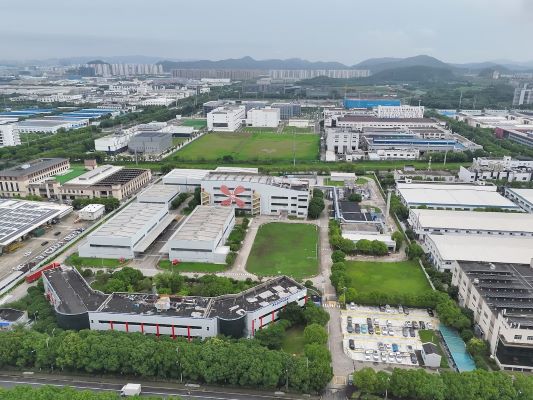The recent upgrade will boost daily capacity by more than 40%

AkzoNobel has upgraded and automated its Suzhou site in China, part of a €14 million investment designed to accelerate growth and double the plant’s capacity for marine and protective coatings by 2025.
The recent upgrade – which will already boost daily capacity by more than 40% – is scheduled to be followed by updates to three additional lines, which will result in the doubling of overall capacity before the end of next year.
“The continuous investments in Suzhou reaffirm our commitment to delivering the best solutions, quality and service to our customers,” explains Simon Parker, Director of AkzoNobel’s Marine and Protective Coatings business. “The strategic enhancements we’re making will also enable us to adapt faster to the dynamic Chinese market.”
There’s growing demand for marine and protective coatings in China as it leads the global shipbuilding market. This demand includes a particular focus on high-performance antifoulings and wind power solutions and is being met by the company’s International, Intersleek, RELEST and Chartek products.
“Improving production at the Suzhou site is another great example of the progress we’re making towards strengthening our business portfolio,” adds Karen-Marie Katholm, AkzoNobel’s Chief Integrated Supply Chain Officer. “The significant leap in site efficiency and capacity will elevate our local production and supply chain capability, which is essential in terms of responding to the ever-evolving market.”
The recently completed work involved enhancing the automation of existing waste gas treatment, filling and grinding systems. Other planned site improvements include accelerating Suzhou’s transition to using 100% renewable electricity by 2025, which will contribute to the company’s ambition of halving carbon emissions across the full value chain by 2030.
Subscribe to our newsletter & stay updated.